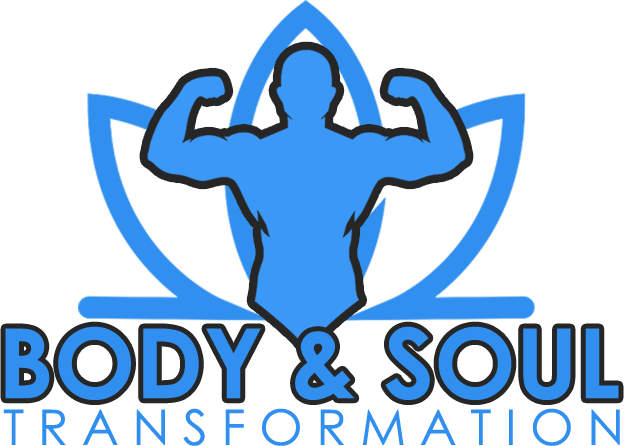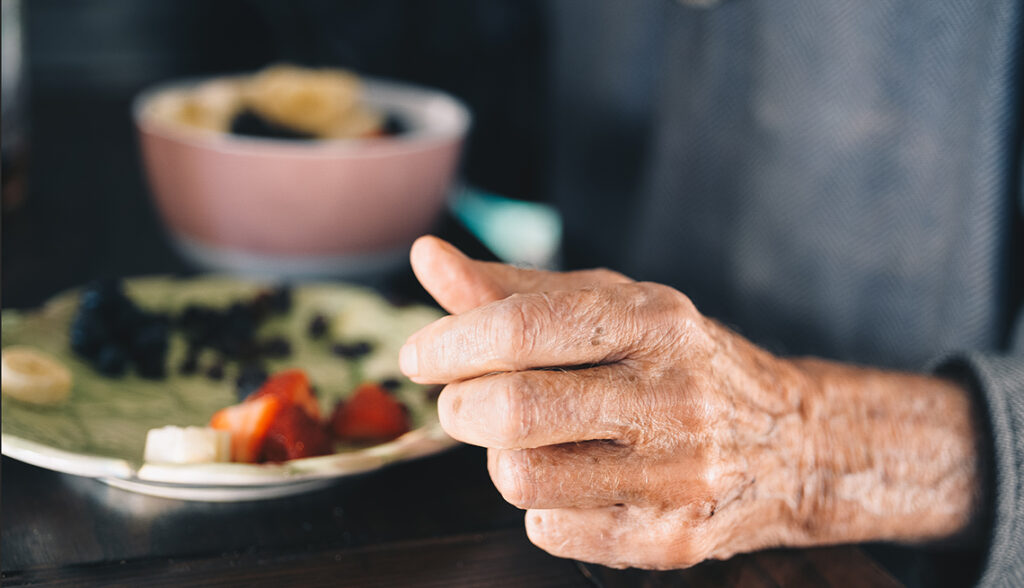Balanced nutrition in old age is more important than ever. Energy needs are falling, but nutritional needs are rising. In general, due to the physical and lifestyle changes that usually accompany aging, calorie requirements are lower. However, a balanced diet is extremely important.
Being overweight in the elderly increases the risk of heart disease, stroke, diabetes and some cancers. Losing weight can be quite a challenge. If you have gained weight over the years, try to lose weight slowly, gradually.
How to maintain a healthy weight for an elderly person
Balanced nutrition is based on a daily calorie requirement of an elderly person, and it is about 2,000 calories. Drink at least 2 liters of water every day. Be careful with high sodium content in food.
An active lifestyle improves appetite
Take a walk every day or do other outdoor activities. You can ask your doctor which exercises are suitable for your level of mobility.
Vitamins and minerals
A balanced diet for the elderly should be organized in such a way as to provide sufficient vitamins and minerals.
Include liver, dairy products and fish in your diet. These are products with a high retinol content.
Vitamin B12 supports the health of the brain and nervous system. The most common symptoms of deficiency include fatigue, dizziness or loss of balance, as well as decreased mental performance.
Vitamin D – affects the immune system, hormones, bones and brain. Moderate sunlight and appropriate supplements are recommended. It should be remembered that vitamin D is not contained in food in large quantities.
Carotenoids, vitamins C and E – have antioxidant properties. They are important for maintaining tissue health. They can be found in orange, yellow and dark green vegetables. Sweet potatoes, zucchini, carrots, spinach, beets and cabbage are good sources. You can find vitamin E in nuts, seeds, peanut butter and wheat germ. Various fruits and vegetables are rich in vitamin C.
Calcium
Calcium is needed to regulate heart rate and maintain bone mass. You’ll find it in dairy products, boiled vegetables, and calcium-fortified foods.
Iron
Iron deficiency can lead to decreased energy levels, dizziness and problems with concentration. There is a feeling of fatigue and lethargy. Iron deficiency is known as anemia. You will find iron in red meat, shellfish, oysters, offal, beans, lentils and cooked dark green vegetables.
Zinc, potassium and magnesium
The best sources of zinc are meat, oysters, shellfish, pumpkin seeds, beans, peas and lentils.
Potassium lowers blood pressure and reduces the risk of kidney stones. In addition, it also strengthens your bones. It is found in fruits and vegetables such as bananas, plums and potatoes.
Magnesium – plays a key role in 300 physiological functions. Supports the work of the heart, immune system and strong bones. It is found in grains, nuts, fruits and vegetables.

